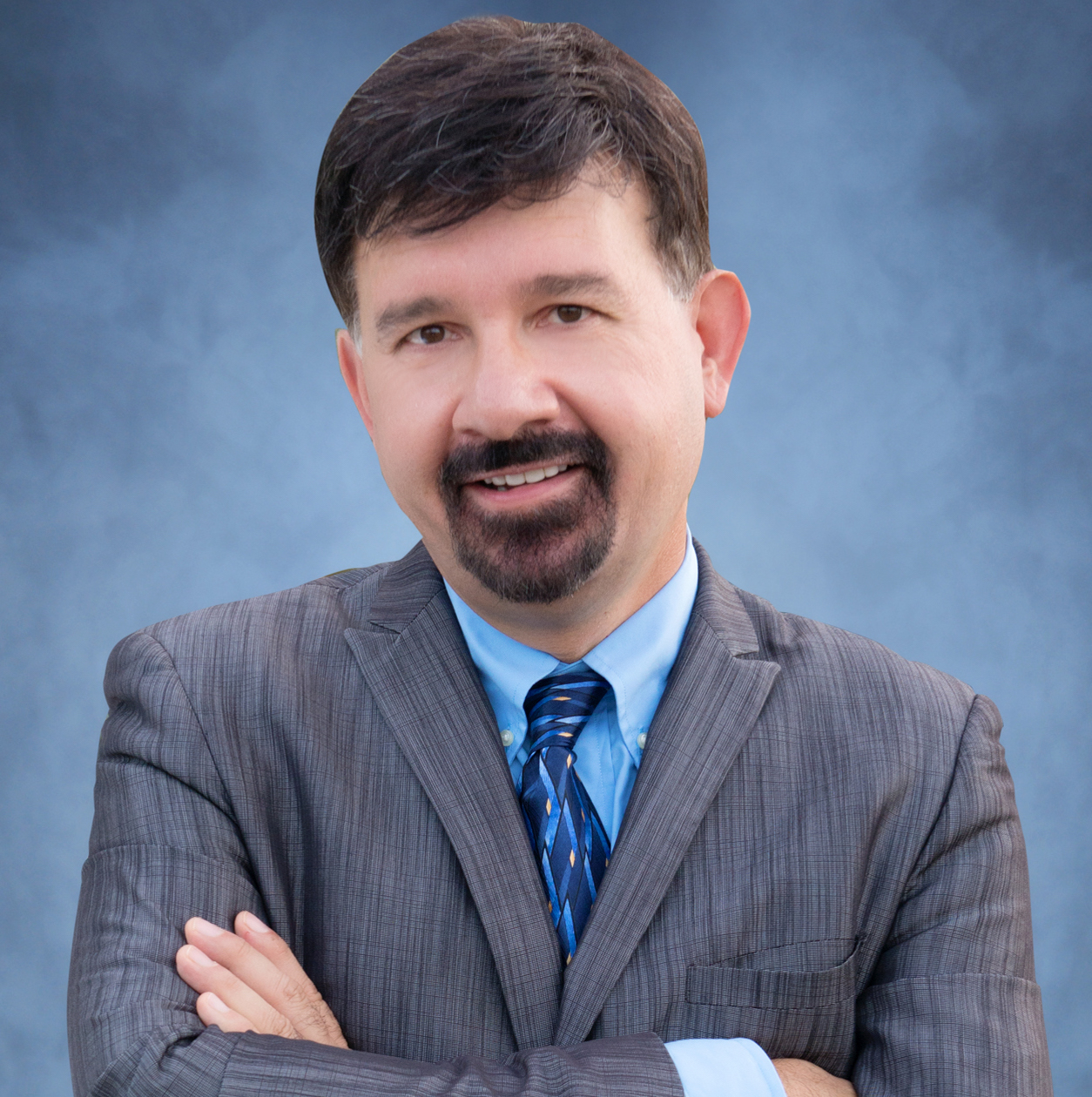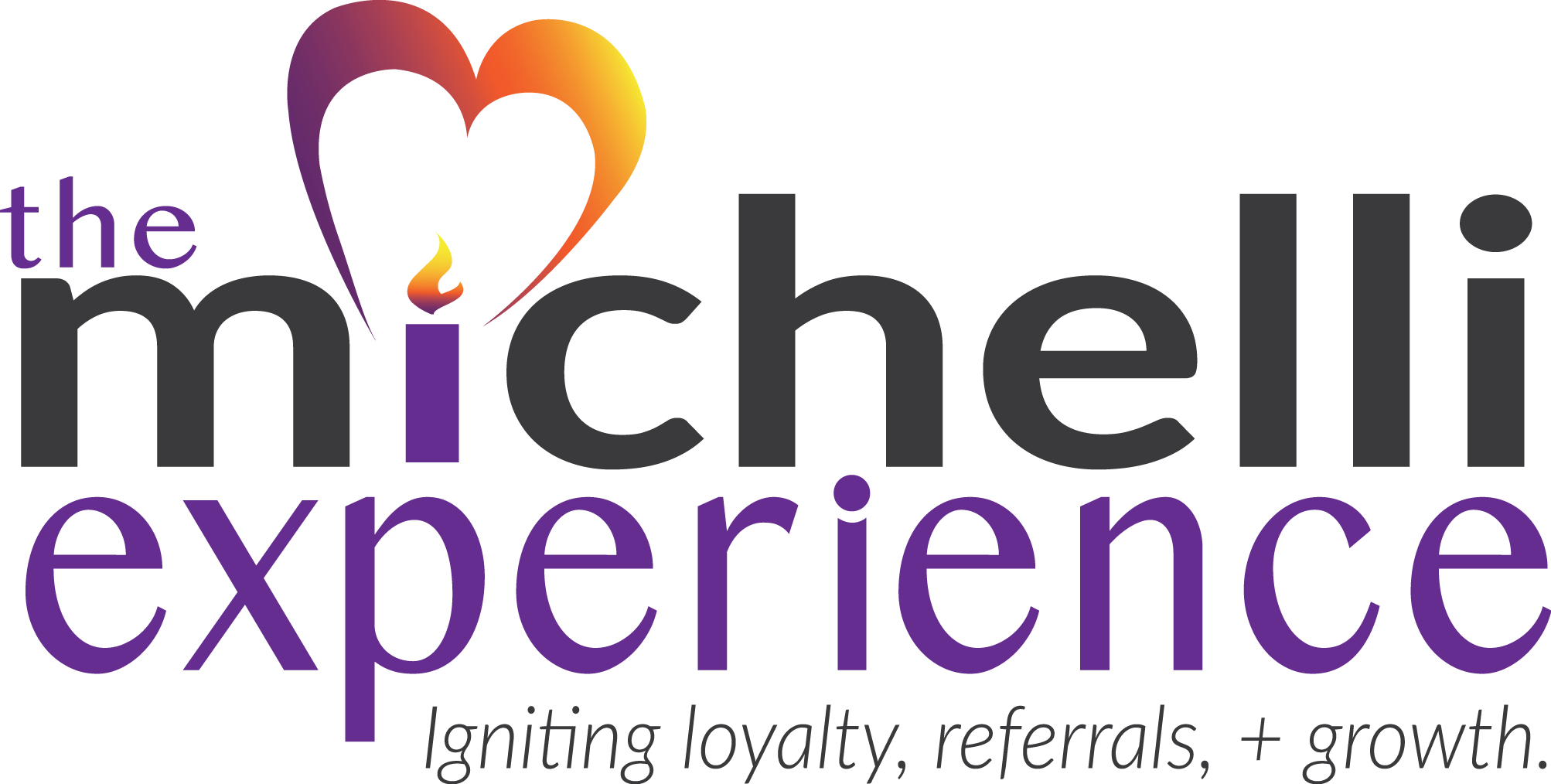This is the first post in a series titled “Customer Experience IS Team Member Experience.”
As much as I am a people person, I worry that some human-focused leaders and consultants veer a bit too far away from research and data when it comes to understanding team member and customer behaviors. Amid extreme staffing challenges, I have read and heard a lot of employment guidance that runs in opposition to the science behind employee engagement.
So, what is known about employee engagement (also referred to as role, personal, work, job, or organizational engagement)? Which widespread claims about employee engagement, or EE for short, are supported by research and which are not?
As you may know, the term “engagement” first appeared in 1990 as part of a study published by Boston University researcher William Kahn in an Academy of Management Journal article. In that article, Kahn described engagement as the degree to which:
“… people bring in or leave out their personal selves during work role performances…personal engagement <is> the harnessing of organization members’ selves to their work roles: in engagement, people employ and express themselves physically, cognitively, and emotionally during role performances…personal disengagement <is> the uncoupling of selves from work roles: in disengagement, people withdraw and defend themselves physically, cognitively, or emotionally during role performances.”
Despite Kahn’s conceptualization of EE in 1990, only 100 studies on the topic were published by 2008. Since that time, research about employee engagement has flourished. Professor Blake Frank curated my favorite review article on the topic for the National Association of Convenience Stores/Coca-Cola Research Council. I’ll rely heavily on Dr. Frank’s summary for this series of blog posts. To put a finer point on the discussion, Professor Frank noted:
“The positive value of an engaged employee makes common sense. What organization wouldn’t want an employee that is engaged? But questions remain. Is the employee engaged with the work, the organization, or something else? Is engagement a novel concept, adding useful new knowledge, or just a repackaging of something already well-known? Is engagement a “state,” which is essentially a condition caused by environmental factors, is it a “trait,” which is essentially a built-in characteristic of the individual; or is it a “behavior,” such as showing initiative?…In the popular literature, which is dominated by consultants, bloggers, sales organizations, and news reports, EE is often referenced by its positive consequences, rather than defined in terms of the construct itself. When it is defined, EE is frequently described in terms of constructs that are not new; for example, job satisfaction, employee empowerment, job involvement, or organizational commitment.”
Throughout this series, we’ll explore predictable outcomes related to employee engagement and ways to drive higher levels of engagement in your workplace.
For now, I will simply suggest that if you want engaged and loyal customers, you must have engaged team members. If you want to caring team members, you must care about your people consistently. Since it is my nature to pose challenge questions each week, I will restate a couple of Professor Frank’s queries:
- Do you think employees are engaged by the work they do, by the organizations that hire them, or by some other factor?
- Do you think employee engagement is a state (created by leaders), an employee trait, or a set of behaviors and attitudes?
Next week, we’ll offer answers to those questions. This week I hope you’ll schedule a time to talk about employee engagement and your internal customer experience. And, please download a complimentary eBook based on concepts from my recently released book Stronger Through Adversity.
Until next time, let’s ensure that what we want experienced outside our organization is actually living inside.

Joseph A. Michelli, Ph.D. is a professional speaker and chief experience officer at The Michelli Experience. A New York Times #1 bestselling author, Dr. Michelli and his team consult with some of the world’s best customer experience companies.
Follow on Twitter: @josephmichelli



